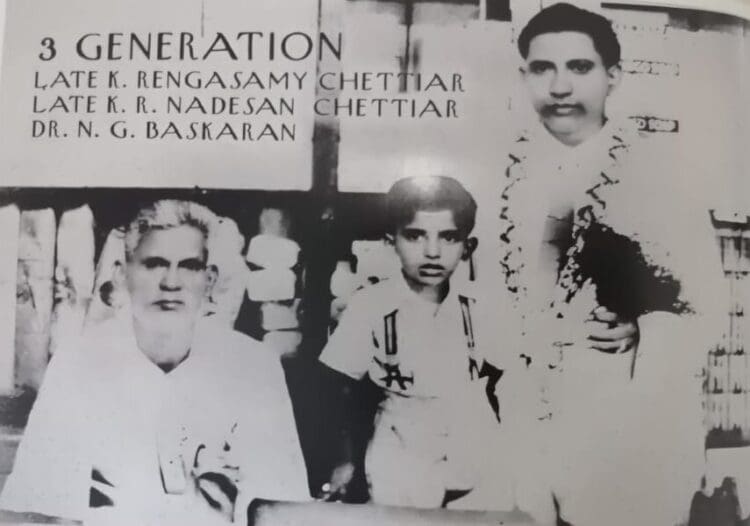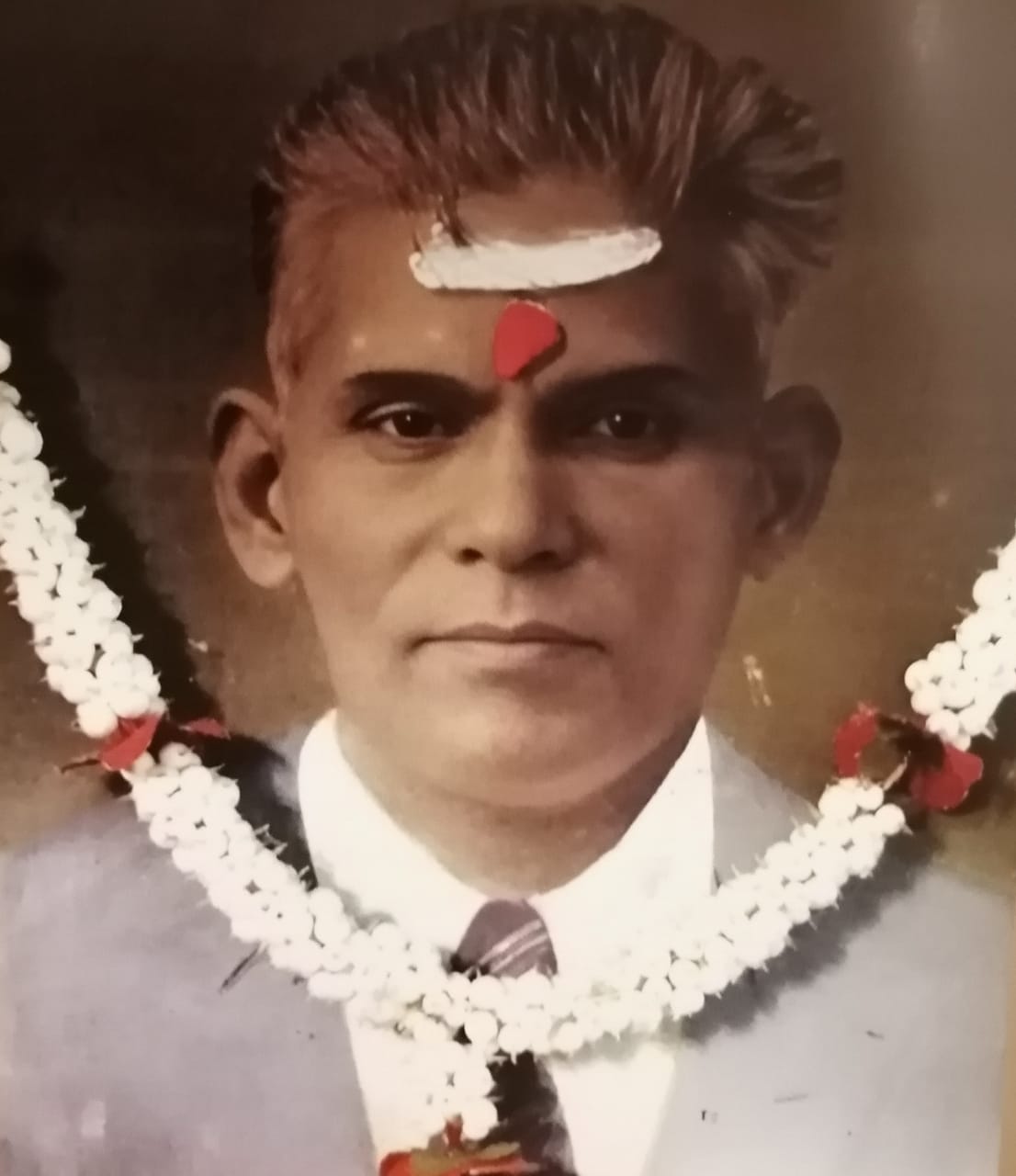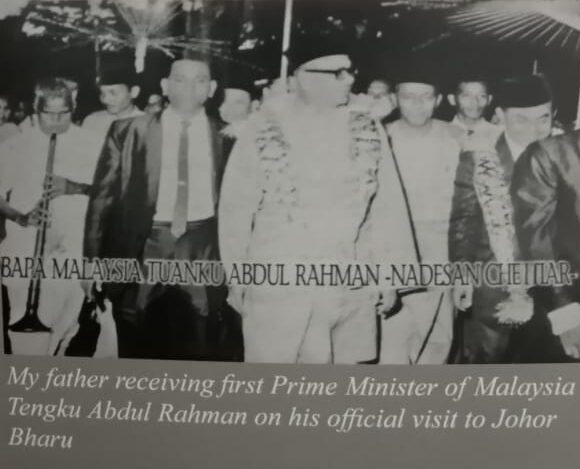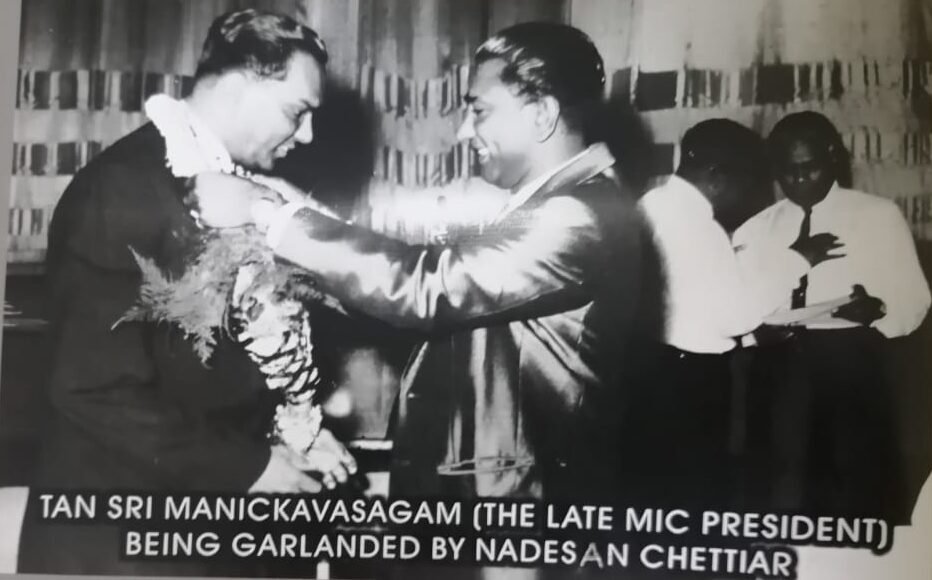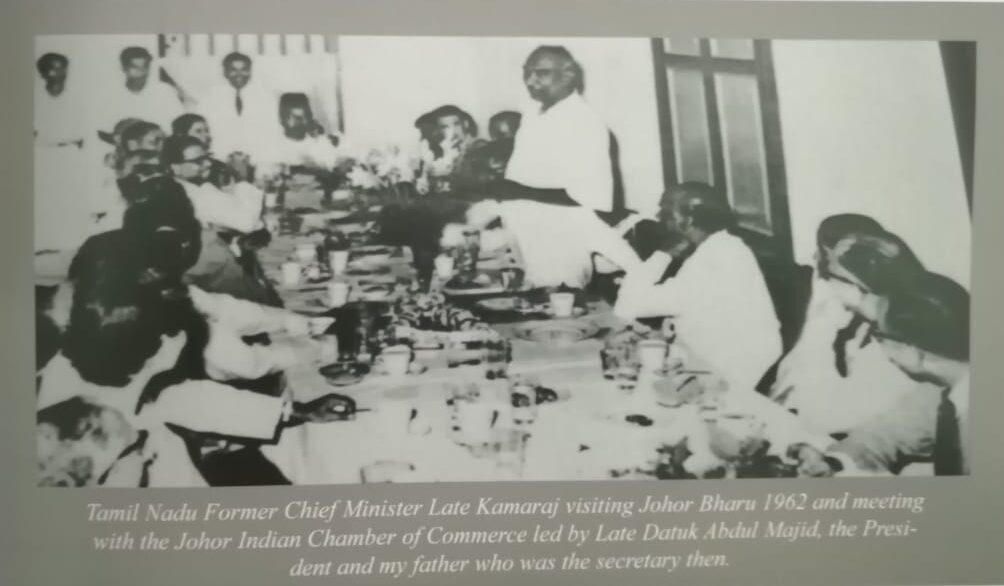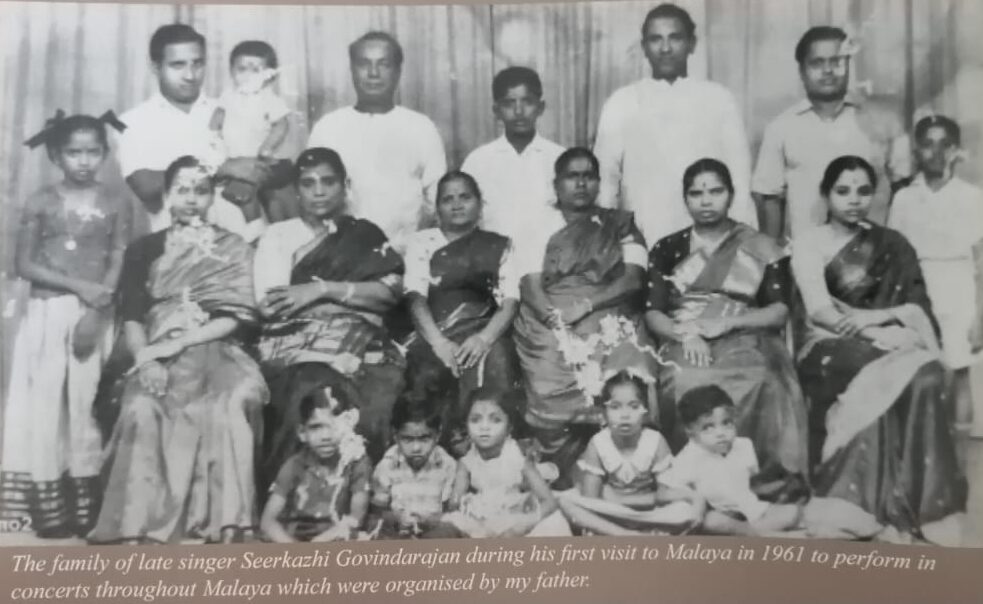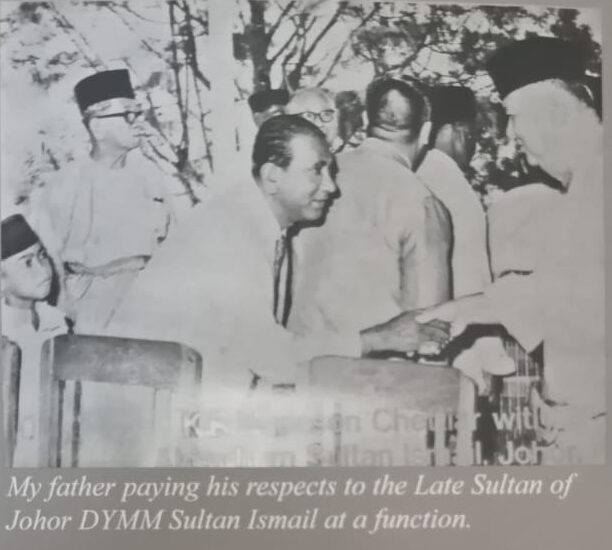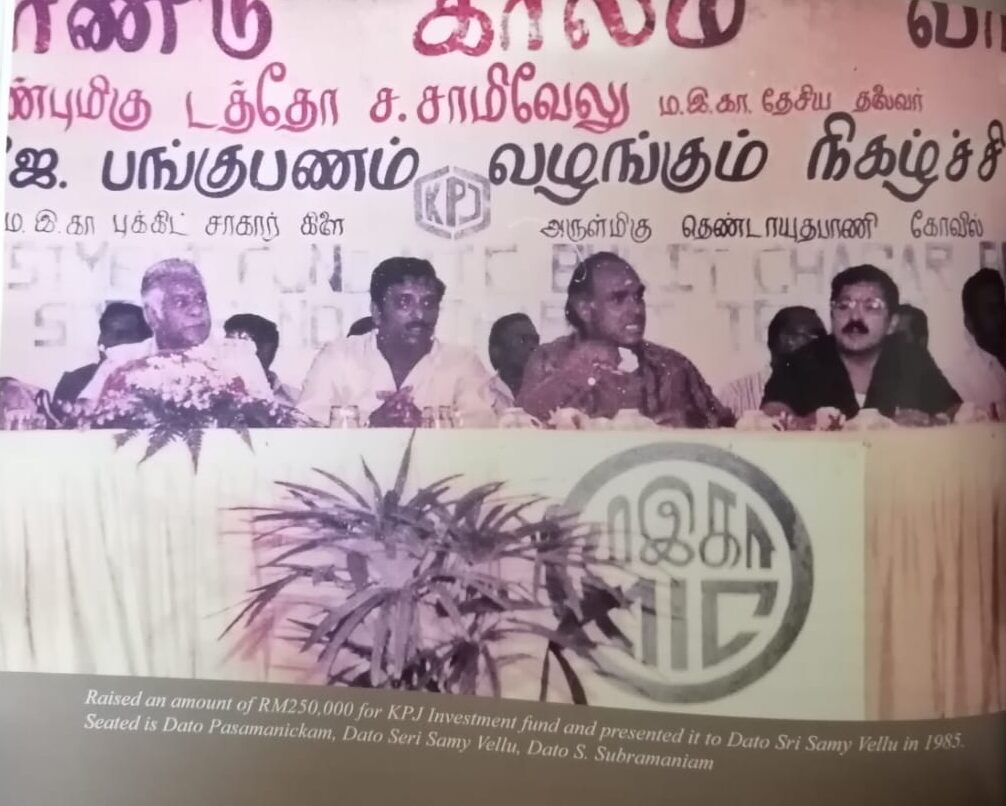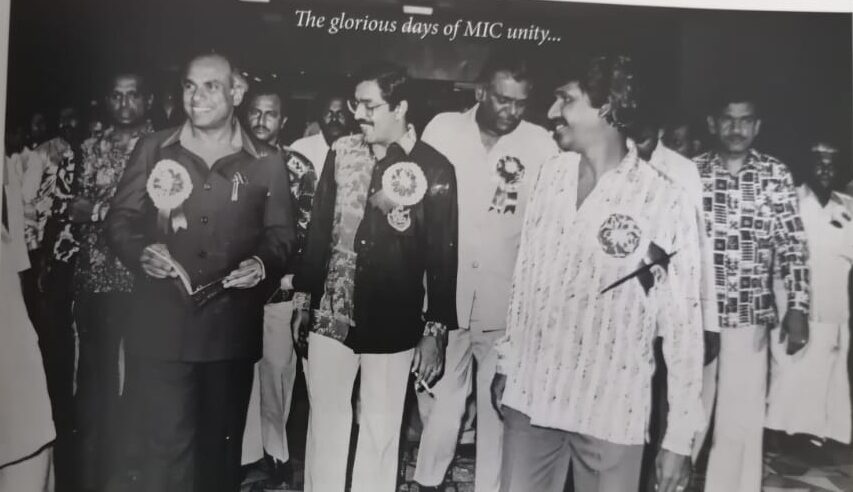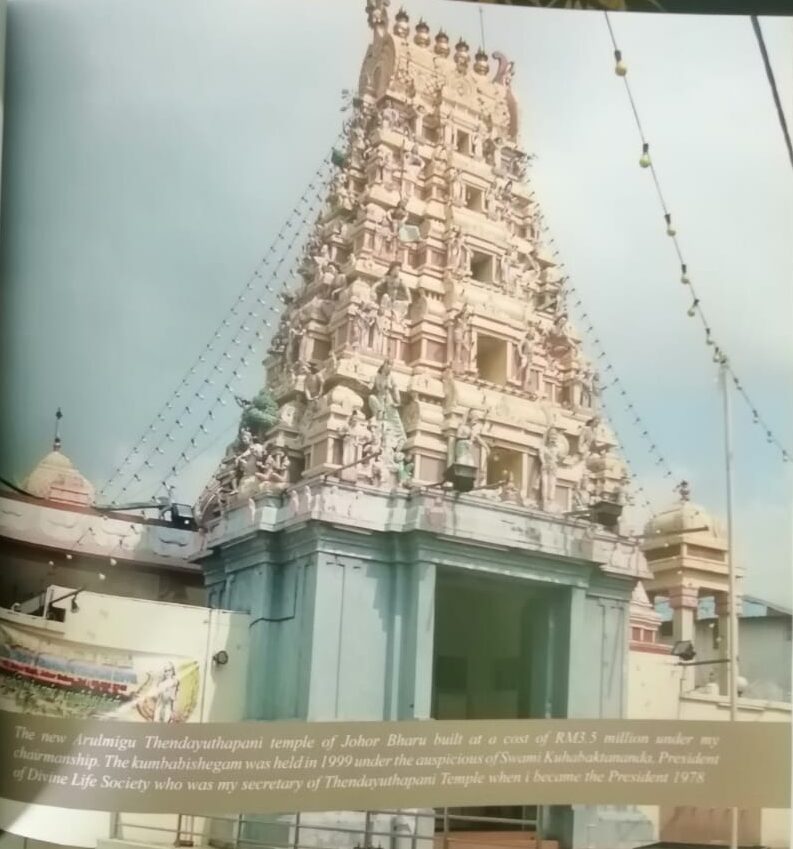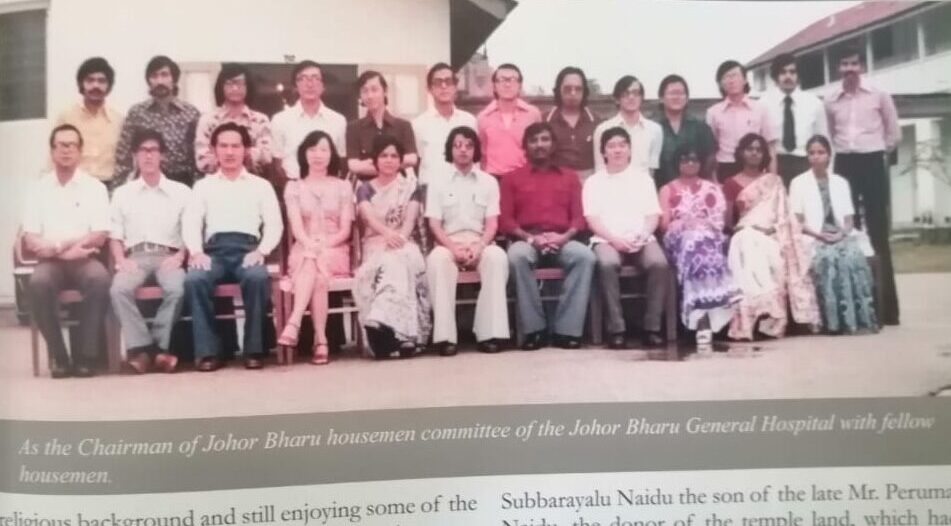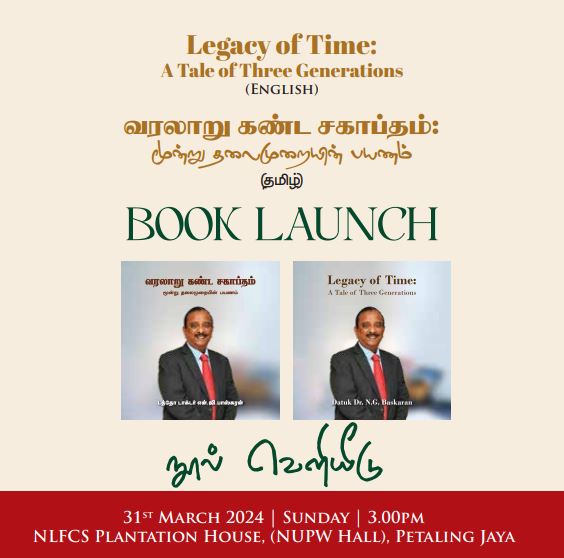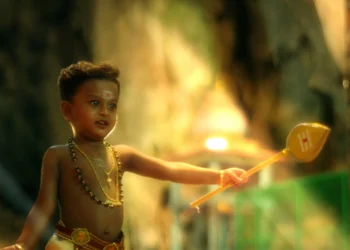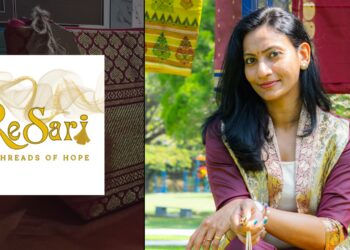An autobiographical account of one’s life is not merely a self-portrait of the individual life one has lived but also an archival of the historical epoch that one’s generation has endured and pioneered. In that vein, Dato Dr. N. G. Baskaran’s family autobiography, aptly titled ‘Legacy of Time: A Tale of Three Generations’, is a story of not just the momentous strides of his grandfather Rengasamy Chettiar, his father Nadesan Chettiar and himself, but also a deep historical documentation of the affluent and influential Tamil community in Malaysia. The book is a richly woven introspection of the embodiment of Malaysia as a whole and the upper-class Malaysian Indians who contributed to strengthening the new nation. It speaks of how his family has managed to preserve their Tamil Hindu identity through the temples they have built and the cultural movements they have been part of, doing so while also adapting their identities and aspirations to the soil and politics of Malaysia.
While many accounts of Malaysian Tamil and Indian histories are either actively disregarded or inaccessible to the public, Dr. Baskaran’s earnest dedication towards social service, along with his duty towards preserving and passing down the histories of his family and community, is a significant act in commemorating the remarkable lives of Malaysian Tamils and the shaping of Malaysia as a country. In this book that took him nearly 5 years to write, which is simultaneously being published in both Tamil and English, we see how one family’s journey helped build a nation and a people, stone by stone.
A Boy From Kalathur: Rengasamy Chettiar
Born in 1896, Rengasamy Chettiar was just 16 years old when he left his ancestral village of Kalathur, 100km away from present day Chennai, to find a better life for himself in Malaya. The young boy arrived at Kedah in 1912 and began his early days labouring in plantations and railways, sowing his blood and sweat towards the prosperous yet exploited land of British-occupied Malaya. Rengasamy slowly worked his way up to becoming a supervisor at the Public Works Department, which had brought him to Johor. He then had an intercaste love marriage with a spirited woman named Valliammal, who both would go on to have five children together, of which the first would be Nadesan, the father of Dr. Baskaran. Their ordinary lives took a fascinating turn when Rengasamy’s good friend Ghani, a Tamil Muslim businessman, was leaving for India and wanted to sell his provision business to him. Though initially Rengasamy did not possess the funds for it, it was his wife, Valliammal, who sold her gold jewelry to help her husband begin this new path in their lives. Valliammal, too, was not an idle woman, she herself was a capable entrepreneur who had experience selling food products. This small business of theirs was the seed that would grow to nurture their descendants to come.
Much like many immigrants during that period, Rengasamy was a man who looked at Malaya as a host land rather than a homeland. While his body laboured and created wealth in Malaya, his heart remained in Tamil Nadu. It was his son, Nadesan Chettiar, who would grow to change the trajectory of their bloodline and forge himself as a true Malaysian.
The First Malaysian Son: Nadesan Chettiar
Nadesan Chettiar was a young rebellious Malayan-born Tamil boy who had been sent back to his native village of Kalathur to be reformed of his wayward ways at the age of twelve. During the second world war, due to the disruption caused by the chaos, Nadesan’s uncles did not receive the money for his care from his father, Rengasamy, so they decided to send the boy off to work as a cook for the military. After the pain and struggle of the war was over, Nadesan arrived at the Malayan as a new reformed man. The realities of life in Tamil Nadu had ignited a fire within Nadesan to root himself in Malaya and build himself a new home and a new life. Nadesan’s ambitions were momentous and unbounded by the views of his father. He worked to expansively embed his influence through every aspect of Malayan life, be it economics, social, cultural, or political. Nadesan was unrelenting in forging a new epoch for himself and British Malaya, which would metemorph into Malaysia in his lifetime. As the nation transformed from a colony to a liberated Federation, Nadesan too, transformed his life to be one that aligned with the principles of Malaysia. After being the secretariat of the Johor Indian Chamber of Commerce, he went on to become the president of the association after the demise of the much-respected former president, A. Majid. Nadesan was an affluent and influential businessman who had directed many land development projects in Johor; notably, he had bought land in Taman Majidee and had successfully sold 150 units from the development. Apart from that, as the president of the Gandhian Society, the government had also bestowed on him land in Jalan Asiang for the purpose of developing a Gandhian community hall.
He was an ambitious man who wanted to create a bold statement that Tamils too could play a large role as businessmen in Malaysia. Nadesan had a diverse set of business ventures, all of which had been incredibly successful and fruitful. Some of his endeavours included being part of wholesale market distribution in wealthy areas like Singapore’s Market Street. His wealth would grow exponentially, earning his family the title of being the richest family in all of Johor in the 1960s and 1970s.
In 1961, Nadesan’s political journey began with becoming the chairman of the MIC branch in Johor Bahru. His wealth, affluence, and social consciousness would influence him further to form close relationships with some of the most prominent personalities in both Malaysia and India. The charismatic politician would throw many lavish and extravagant parties at his home, inviting distinguished people such as former Tamil Nadu Chief Minister’s C. N. Annadurai and K. Kamaraj, along with personalities such as Tun V. T. Sambanthan, Ko. Sarangapany, Samy Vellu, Dato Bathmanathan Sivaji Ganesan, and Kannadasan. Nadesan had also been a close friend of the former Prime Minister, Tun Hussein Onn. His close political and film industry connections with Tamil Nadu had allowed him to also aid in culturally connecting Tamils between the young nations of India and Malaysia. Nadesan is largely credited with bringing the esteemed Sirkazhi Govindarajan to Malaysia for the first time. His philanthropy also extended to aiding many Indians in gaining education, some of which included securing medical seats for young Indian students in some of the finest medical colleges in India.
Nadesan had also been the chairman of the Tamilar Sangam Johor, which was rooted in celebrating the first month of Thai as Tamilar Thirunaal. As a close friend of the Dravidian ideologist Ko. Sarangapany, the two men, along with countless others in Malaya and Singapore, helped raise the Tamil cultural, ethnic, and political consciousness of the Tamil diaspora in these lands. Apart from building greater ethnic consciousness, Nadesan had also been instrumental in contributing towards the preservation of the Hindu religion in Malaya. He had been a devoted president of the Thandayuthapani Temple in Johor for 17 years, where he had brought many precious deity statues from India to be venerated at this temple.
In 1975, Nadesan Chettiar passed away, passing the torch of their family legacy to his eldest son, N. G. Baskaran. The great man’s funeral was attended by nearly 500 people, which also included many important community members from various ethnic groups. His final rights is still remembered as one of the largest funerals to be held in all of Johor.
The Third Generation: N. G. Baskaran
The passion and ambition of his father and grandfather have truly been the guiding pillars that nurtured deep principles within Baskaran to be the man he is today and to have lived the momentous and historic life that he had. His father, Nadesan, in particular, was a man who truly believed in the potential of Malaysia as a nation. This patriotic spirit of reform was cherished within Baskaran, who continued the legacy of his ancestors in his own way through politics, business and medicine.
As his father’s wish, Baskaran completed his PUC at Loyola College and went on to study medicine at Stanley Medical College in 1972. As a young man, Baskaran had aspirations of becoming an actor in Tamil cinema. He had even gotten as far as passing a screen test with director T. N. Balu, but the unfortunate demise of Baskaran’s father left him with the responsibility of caring for his mother and siblings. So Baskaran had to sacrifice his dreams of cinema to take on the role of being the head of his family.
Baskaran’s rich political life is greatly detailed in this biography, which is an important documentation of not just his own political career but also the complexities of Malaysian Indian politics as well as the intricacies of the Malaysian political landscape as a whole. Baskaran had been an important and significant politician who had been the Chairman of MIC’s Bukit Jaga branch. He had lived an extraordinary political life in MIC from 1981-87, where he had raised millions towards the social upliftment projects of the party and the Indian community. Tragically, the internal power relations between Samy Vellu and Subra had begun to sour, and along with other significant issues within the party, a splinter began to form in 1987, leading to Mr. Kanagasabai leaving the party and forming the Indian Progressive Front (IPF). The same year, Baskaran was also sacked from MIC because of his neutral stance between the two men, and he too decided that he would change his political trajectory and join the IPF.
In his 55 years of public service, he has collected nearly $25 million in donations for the welfare and upliftment of the Malaysian people through his political, professional, and personal duties. Apart from politics, he had also been a businessman involved in the development of many housing and land projects. His connections with UMNO politicians and prominent Chinese leaders had made it possible for him to amass the wealth and influence he had.
In many ways, Baskaran had continued the legacy of his father by reviving and leading the Tamil Sangam Johor after his death and also by being the president of the Thandayuthabani temple. Although bearing a history dating back to the 1920s, the temple was still a small place of worship that needed a lot of refurbishment. In duty to his community, Baskaran had worked tirelessly to renovate the holy space by collecting nearly 3.5 million to rebuild the temple into a grand architectural marvel. Baskaran, too, had continued to aid students in gaining admission seats to study in India and held close connections to both Tamil Nadu’s politicians and the film industry. Apart from that, in 2002, he became president of the historic Johor Cultural Sports Club, which was established in 1910. Baskaran had managed to not only save the club, which was about to be demolished, but he had also been able to raise RM5 million to refurbish the historic building.
As a medical doctor, he also helped to develop the medical infrastructure of Malaysia, even during difficult periods of the pandemic. Within the Malaysian Medical Association (MMA), Baskaran had progressed from being the Chairman of the Private Doctor Section to becoming the President Elect and finally gaining the position of President of MMA. He had been President of the organisation during 2020, at the time of the COVID pandemic. As president, he had worked strenuously towards solving the COVID-19 crisis. One of his strategies was to collaboratively work with both MMA and Shoppe in June 2020 to collect RM1 million as a relief fund for the grief-stricken masses of Malaysians affected by the Corona virus. Baskaran had also previously spearheaded an MMA fundraising campaign that collected RM850 000 for the National Health Seminar in January 2020, which was attended by Dato Seri Dr. Dzulkefly Bin Ahmad.
Today, while in his 70s, Baskaran is still serving his community and nation by holding the position of consultant for the Malaysian Health Ageing Society and pioneering medical seminars nationwide.
A Final Philanthropic Project
Baskaran says that his primary aim for launching this book is not only to preserve and document his family’s legacy but also to contribute one final time to the Malaysian Indians in this country. He shared that the proceeds of the book will go directly to the Johor Indian Education Fund so as to ensure the prosperity of the future generation of Malaysians.
The three generations of Baskaran’s lineage had contributed tirelessly towards the development of their family, the Indian community, and the reformation of Malaysia as a whole. Through all of this, Baskaran stresses that Malaysian Indians must learn to document their family history. The community, especially the younger generation, must nurture an ardent duty towards understanding their own histories, roots, and journeys. Baskaran’s advice is ever more necessary during these rapidly polarising period in Malaysian politics, where racial and religious minorities are being further uprooted from the history of Malaya. Now more than ever, it is vital for everyone in this nation, not just Malaysian Indians, to reflect on and reclaim the labour and legacies of their ancestors towards the creation of Malaysia. Only through the understanding of the past can a people build a brighter future for themselves.
The book launch will take place this Sunday, March 31st, 2024, at the NLFCS Plantation House (NUPW Hall), Petaling Jaya, at 3 p.m. The event will be attended by many important public figures, such as Shahrir bin Abdul Samad, Lim Kit Siang, Dr. Noorul Ameen, and Dr. S. Subramaniam.
Follow us on Instagram, Facebook or Telegram for more updates and breaking news.


